Top 5 Challenges in Custom Tooling and Effective Solutions to Overcome Them
Custom tooling is vital in modern machining and manufacturing. It enables businesses to create precise components tailored to their specific needs. As industries continue to evolve, the demand for customized tools has surged, making it essential for manufacturers to stay ahead of the curve.
However, navigating the complexities of custom tooling presents significant challenges that can impact operational success and efficiency. Each hurdle can hinder productivity and increase costs, from design intricacies to material selection. Understanding and learning how to overcome these challenges is key for manufacturers aiming to optimize their processes and maintain a competitive edge.
1. Challenge: Long Lead Times
Long lead times in custom tooling can significantly hinder production schedules. Delays in tool delivery disrupt operations, leading to increased costs and reduced efficiency in custom machining processes.
Why it's a problem
Long lead times create production bottlenecks. Inadequate access to precision tooling results in stalled projects, which affect overall timelines and increase frustration for manufacturers who depend on timely deliveries for their tooling solutions.
How to overcome it
Manufacturers should partner with suppliers specializing in rapid prototyping and efficient production cycles to reduce lead times. Emphasizing clear communication and realistic project timelines further enhances collaboration, ensuring that both parties meet expectations for custom machining projects.
2. Challenge: Cost Constraints
Cost constraints present significant hurdles in custom tooling, particularly in precision tooling for small-batch production. High costs linked to design and manufacturing can deter businesses from utilizing custom machining solutions. Tight budgets often limit manufacturers' ability to invest in tooling solutions that enhance productivity and quality.
Why it's a problem
Custom tooling can incur substantial expenses, especially for small-batch production. High setup costs associated with precision tooling may not justify the investment for lower quantities, leading to suboptimal production runs and increased financial strain.
How to overcome it
Explore cost-efficient materials that don't compromise quality in custom tooling. Implementing alternative materials can reduce overall expenses while maintaining durability. Optimizing tool designs for multi-use functionality improves return on investment (ROI) and maximizes the value derived from each tooling solution.
3. Challenge: Material Compatibility
Material compatibility poses a significant challenge in custom tooling. Tools not suited to specific materials lead to faster wear, reduced precision, and poor-quality results in custom machining processes.
Why it's a problem
Incompatible tools compromise the integrity of the machining process, resulting in frequent tool replacements or subpar outcomes in precision tooling tasks. This increases costs and extends production timelines, ultimately affecting overall efficiency and output quality.
How to overcome it
Involve material engineers early in the design process to ensure proper material selection and compatibility with tooling solutions. Use advanced coatings or specialized tool geometries to enhance performance and durability, thereby improving the longevity and effectiveness of the tools in custom machining applications.
4. Challenge: Precision and Tolerance Issues
Precision and tolerance issues pose significant challenges in custom tooling. Even minor inaccuracies can lead to defective parts, which affect quality and functionality. Precision requirements in custom machining often demand meticulous attention to detail. Deviations can result in costly rework, wasted materials, and delayed production schedules.
Why it's a problem
Precision within custom tooling directly influences the integrity of the final product. Inaccuracies, no matter how small, can compromise part functionality, leading to increased failure rates. This problem escalates manufacturing inefficiencies, creates customer dissatisfaction, and ultimately impacts profitability.
How to overcome it
Manufacturers can leverage advanced CNC machining and inspection technology to ensure higher accuracy in tooling solutions. They can enhance the quality of custom machining by utilizing state-of-the-art precision manufacturing methods. Additionally, partnering with tooling experts who prioritize precision helps achieve tight tolerances and consistent results, minimizing the likelihood of defects.
5. Challenge: Scaling Custom Solutions
Scaling custom tooling solutions can be a complex challenge for manufacturers, especially when transitioning from prototype to mass production. While designing and producing tools for small runs is manageable, scaling up for larger quantities without sacrificing quality or precision requires careful planning and innovation.
Why it's a problem
When scaling custom tooling solutions, manufacturers often struggle to maintain the same precision and efficiency across larger production volumes. Differences in material wear, tool performance, and manufacturing conditions can lead to inconsistencies, resulting in production delays, increased costs, or quality issues. Additionally, scaling can require significant upfront investment in machinery or tooling upgrades, further straining resources.
How to overcome it
To overcome scaling challenges, manufacturers should choose modular tooling designs that allow flexibility and easy adjustments as production volumes increase. These designs can be adapted to handle small batches and large-scale production without compromising performance. Investing in flexible automation systems that can easily switch between different tool setups can help ensure consistent quality and efficiency across varying production needs. Working with experienced tooling partners who understand the scaling process can also help ensure a smooth transition from prototype to full-scale production, optimizing cost and time.
Conclusion
Navigating the complexities of custom tooling can be challenging, but manufacturers can turn these obstacles into opportunities for growth and innovation with the right strategies and partnerships. At Barton Tool Inc., we understand the importance of precision, efficiency, and scalability in custom tooling solutions. With our expertise in rapid prototyping, advanced machining technologies, and a commitment to high-quality, cost-effective tooling, we help businesses overcome the toughest challenges in the industry.
By partnering with Barton Tool Inc., manufacturers can ensure they are equipped with the right tools to meet current and future demands while maintaining the highest quality and performance standards. Whether reducing lead times, optimizing material selection, or scaling production, we provide tailored solutions that enhance productivity and support long-term success.
If you're ready to tackle the challenges of custom tooling and take your manufacturing processes to the next level, contact Barton Tool Inc. today to learn how we can help.

